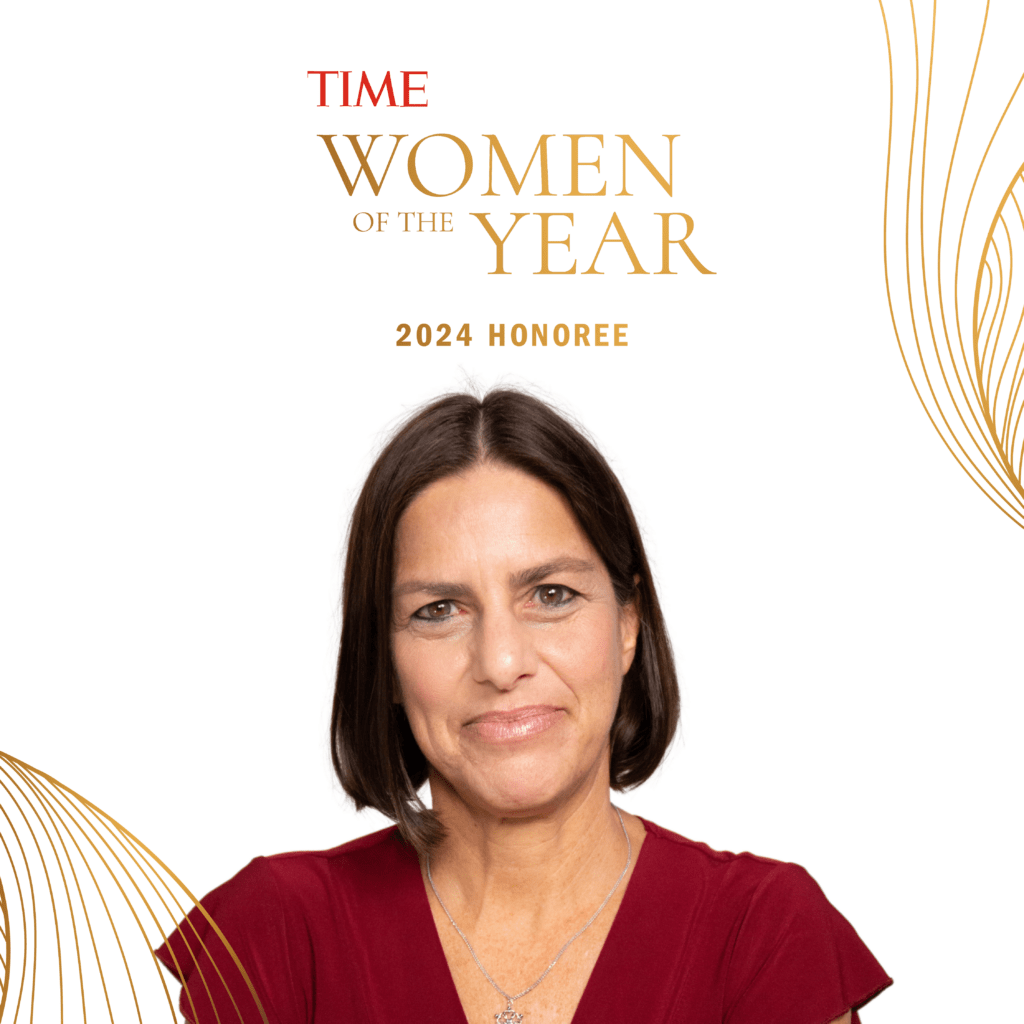TIME named Dr. Marlena Fejzo to its annual TIME Women of the Year list, recognizing extraordinary leaders fighting for a more equal world.
Read more about Dr. Fejzo’s journey: “HER Doctor Dismissed Her Extreme Morning Sickness. So She Found the Gene Behind It.”
“I am truly honored to be recognized for my research on hyperemesis gravidarum (HG). After tragically losing a baby in the second trimester to HG, I devoted my life to researching the cause and am very excited about this next chapter focused on testing new methods to prevent and treat it,” said Dr. Fejzo.
The full list of 12 honorees and related tributes appear in the March 11, 2024 issue of TIME, available on newsstands on Friday, March 1, and now at time.com/woty.
Dr. Marlena Fejzo works in the Center for Genetic Epidemiology at the University of Southern California and is the Research Director and a Board Member for the Hyperemesis Education and Research (HER) Foundation.
In 2018, Dr. Fejzo and her team published a study in Nature Communications identifying variants in the gene, GDF15, are associated with nausea and vomiting in pregnancy and Hyperemesis Gravidarum (HG), establishing the first connection between the placenta and appetite hormone GDF15 and nausea and vomiting of pregnancy. This created a paradigm shift in our understanding of the etiology of HG, and was followed by her team’s second publication in 2022 in BJOG that identified a rare mutation in GDF15 that increased the risk of HG over 10-fold, further solidifying a causal role for GDF15. In December 2023, Dr. Fejzo and an international team of scientists published a paper in Nature showing how the genetic changes in GDF15 influence the severity of the condition. This brings us closer to developing much-needed methods for prevention and treatment.
Kimber MacGibbon, HER Executive Director and Co-Founder, has been a nurse for over 30 years and states “Now we understand why these mothers struggle to tolerate food and even water. They require compassionate medical care to survive their pregnancy but often are dismissed and experience complications such as fetal loss, preterm birth, and PTSD.”
GET INVOLVED


